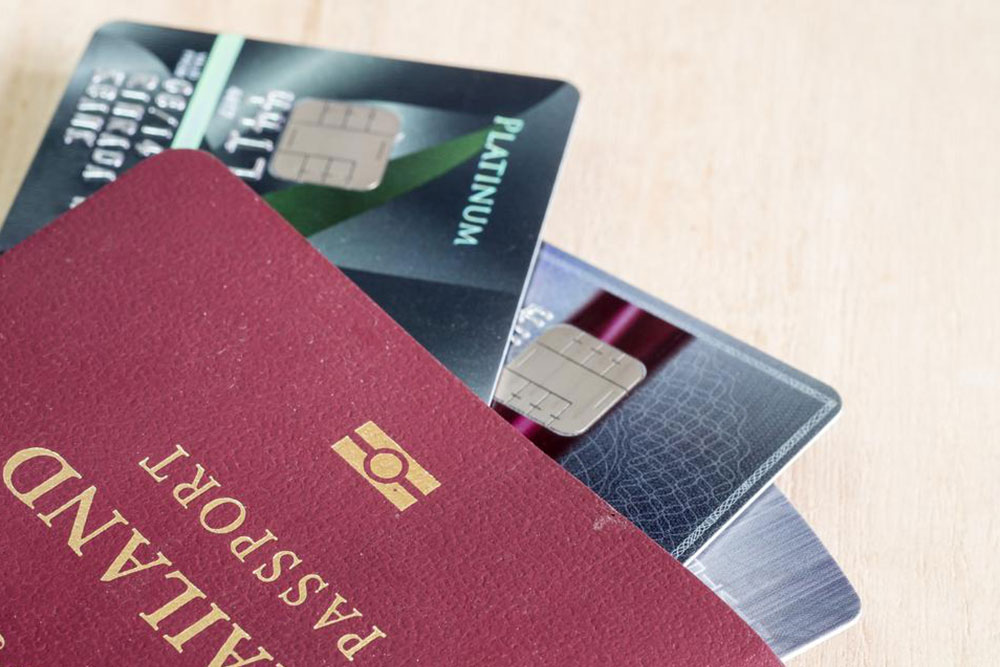Comprehensive Guide to International Money Transfer Methods
Learn about diverse international money transfer options, including bank, digital, prepaid, and traditional methods. This comprehensive guide helps users choose the best, cost-effective, and secure transfer solutions tailored to their needs, ensuring safe cross-border transactions worldwide.

Comprehensive Guide to International Money Transfer Methods
Sending money internationally can be safe and straightforward through various channels without physically exchanging cash.
Currency Exchange Platforms
These services enable large-scale transfers for property purchases, investments, or personalized financial needs. You need to register an account and fund it via bank or credit card. They offer customized solutions tailored to individual requirements.
Remittance Services
Providers like Western Union, MoneyGram, Chequepoint, and Coinstar facilitate international transfers without requiring an account—simply provide your details, and they handle the transfer smoothly.
Many companies offer online and mobile app options for quick money sending, making international transfers more accessible and convenient.
Bank and Credit Union Transfers
All banking institutions provide transfer services, often requiring both sender and receiver to have accounts. These are secure but may take longer. Banks also offer additional financial products like loans and savings accounts.
Online Digital Payments
Digital transfer platforms, usually with lower fees, need internet access and bank or credit card details. The recipient may also need bank access, but some services facilitate transfers without this requirement.
Prepaid Payment Cards
Prepaid cards serve as a practical solution for small international cash needs. They can be topped up easily at stores or online and used for travel, shopping, or cash withdrawals abroad.
Peer-to-Peer (P2P) Transfers
This method enables direct transactions between sender and receiver, often with negotiated exchange rates, reducing transaction fees.
Bank-to-Bank Transfers
Transfers within the same bank are typically free. International transfers require detailed bank and routing information, including SWIFT or IBAN codes for cross-border transactions.
Electronic Funds Transfers
Similar to online bill payments, these allow transferring funds with account details via SWIFT or IBAN, supporting scheduled or recurring payments.
PayPal and Digital Payment Platforms
Affordable and widely used, PayPal offers free sending options, with small fees for cashing out. International transactions might involve additional costs.
Global Transfer Services
Western Union and MoneyGram provide reliable cross-border transfer services. Fees depend on the speed, amount, and destination, with exchange rate margins applicable.
Traditional Cash and Check Transfers
Withdrawing cash to deposit into an account or sending checks are traditional methods. Checks may involve processing delays and currency conversion fees.
Bank Drafts, Money Orders, and Cashier’s Checks
These secure, traceable options are suitable for smaller or formal cross-border payments and remain in use today.
Email Money Transfers
Some banks provide transfer options via email or electronic checks, offering quick, cost-effective transactions with optional security questions for verification.
Wire Transfers
Fast and suitable for urgent large sums, wire transfers like FedWire or RTGS are essential for time-sensitive international payments, with fees varying by service level.
Compare different services carefully by reviewing fees, exchange rates, and features to ensure secure and economical international money transfers.


